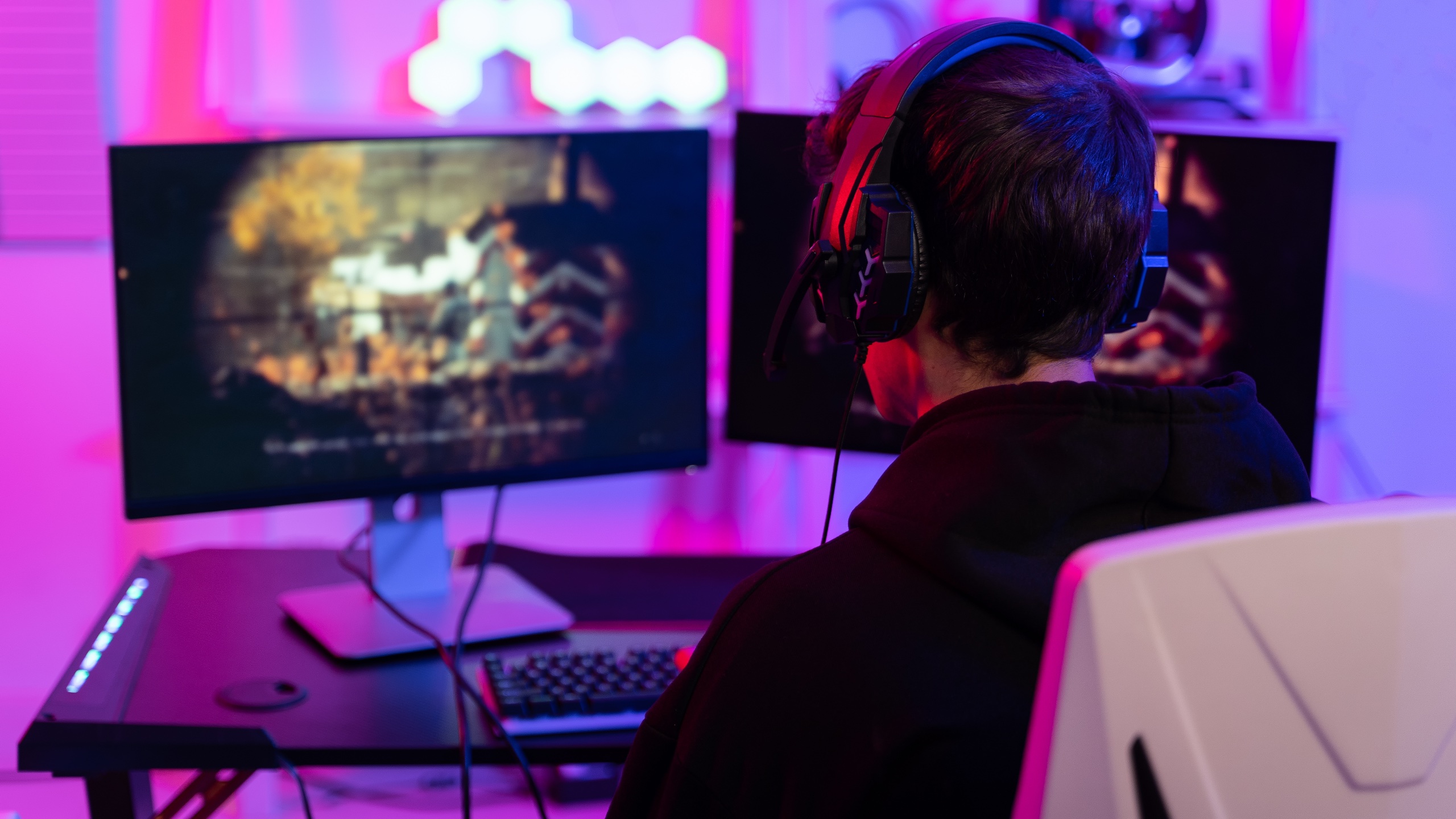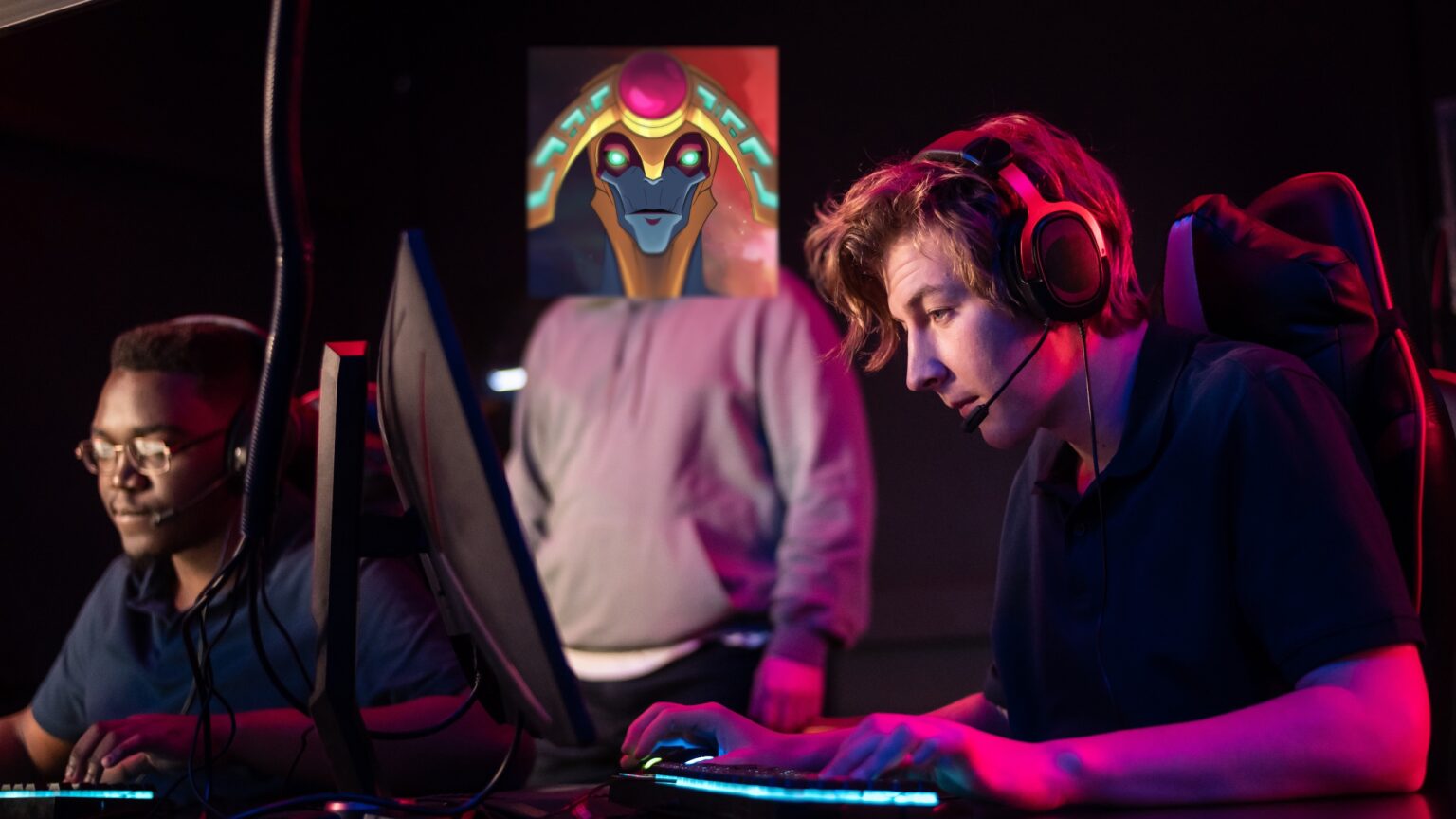Dota 2 enthusiasts are excited as ESL promises a captivating Kuala Lumpur showdown with a million-dollar prize pool.
According to a Dot eSports announcement, this tournament comes after Valve’s unexpected decision to shutter the six-year-old Dota Pro Circuit (DPC). With the eSports landscape in flux, ESL is vying for the top spot as the dominant force in the world of competitive Dota 2.
As the remnants of the Dota Pro Circuit (DPC) settle, ESL aggressively moves to fill the void left behind. Hot on the trail of their recent DreamLeague Season 21 event, which boasted a similar million-dollar pool just a month before The International 2023, ESL’s upcoming event in Kuala Lumpur aims to establish its supremacy further.
A message from @SheeverGaming, @EpheyDota and @PurgeGamers to all the fans interested in #ESLOne Kuala Lumpur! 😎
🎟️ https://t.co/T2jAHuUXXE pic.twitter.com/GMOWbBouoh
— ESL Dota2 (@ESLDota2) September 22, 2023
The forthcoming ESL One Kuala Lumpur 2023 event, slated for Dec. 11, is intriguingly timed. Historically, the end of the year normally sees Dota 2 teams undergo roster changes. By scheduling a major event during this period, ESL challenges teams to solidify their lineups quickly, offering little breathing room for after-TI reshuffles.
Why Valve closed the doors on DPC
The gaming community was gobsmacked when Valve suddenly unplugged the Dota Pro Circuit. Their departure wasn’t without reason; the gaming giant cited the monotony and lack of dynamism under the DPC’s guidance. In a candid blog post, Valve lamented the decline in tournament broadcast quality and stated,
“Instead of competing for viewers and players by producing compelling and inventive tournaments, organizers now compete for compliance with Valve’s long list of rigid requirements.”
Essentially, the rigidity of the DPC was stifling innovation and curbing the essential vivacity of the game.
One possible silver lining from the DPC’s end is the potential rise of smaller, grassroots tournaments. With the wide-open eSports calendar, events like The Summit, known for their unique approach, might garner more attention. Valve hinted at wanting to revert to times when Dota 2 events were more spontaneous and creative.
However, this free calendar comes with concerns. ESL FACEIT Group, backed by Saudi Arabia’s Public Investment Fund, has already hosted tournaments with hefty prize pools. Their influence and financial prowess could monopolize major events, presenting fans with potential ethical quandaries.

Valve’s war on toxicity: A welcome move for the community
Valve’s recent summer update introduced tools allowing players to filter out unsporting individuals, a welcome shift towards ensuring a wholesome gaming environment.
This move was soon followed by Valve permanently banning 90,000 Smurf accounts. For the uninitiated, smurf accounts let players sidestep their actual ranking, allowing them to engage in games beneath their skill level or indulge in disruptive behaviors. Valve’s stringent action conveys that unsporting conduct won’t be tolerated.
In conclusion, with the DPC in the rearview mirror, the Dota 2 community looks ahead with apprehension and excitement. While the void left by the DPC is palpable, the rise of independent organizers like ESL offers hope.
The emphasis now lies on delivering quality tournaments that challenge players and entertain fans. As OG’s legendary captain, N0tail, succinctly put it, removing the DPC might just be “the best thing that happened to Dota since before DPC.”
With ESL’s bold moves and Valve’s commitment to enhancing the player experience, the world of Dota 2 eSports is poised for thrilling times. Only time will tell if these changes usher in a golden era for the beloved game.









 and then
and then